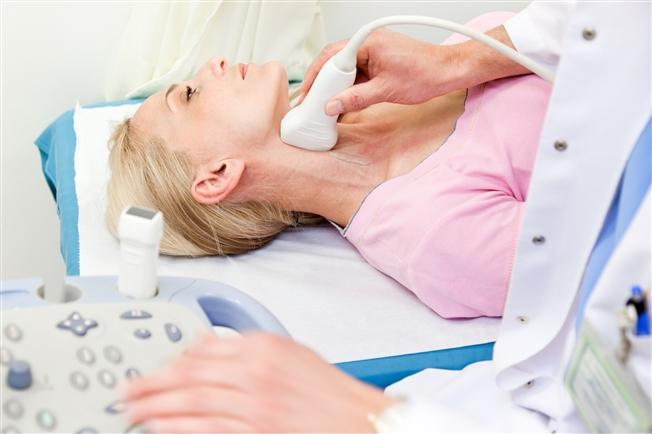Carotid artery disease: Early detection is key in preventing stroke

You may already know that fatty deposits, called plaque, can clog the arteries in the heart and lead to a heart attack. But you may not be aware that plaque can accumulate in the arteries that carry blood to the brain. This condition, called carotid artery disease, increases your risk for stroke.
“Carotid artery disease is the most common cause of stroke for both men and women. But many at-risk women don’t realize this and thus aren’t evaluated and screened,” says Robert J. Meisner, MD, a vascular and endovascular specialist at Main Line Health. “It is crucial to raise awareness of the importance of early detection of carotid artery disease for women.” Risk factors for carotid artery disease include:
- Older age
- Smoking
- Hypertension
- High cholesterol
- Obesity
- Diabetes
- Sedentary lifestyle
- Family history of carotid artery disease
“Women with risk factors should talk with their doctor about screening,” says Dr. Meisner. “We can perform noninvasive tests such as carotid ultrasound to assess blood flow and pressure; CT or MRI to look for evidence of stroke or other abnormalities; and MR or CT angiography, which provides additional images of blood flow in the carotid arteries.”
Mild or moderate carotid artery disease can be managed with lifestyle changes and medication to slow its progression. When a blocked or narrowed artery must be opened, Main Line Health offers the latest minimally invasive treatments, including carotid endarterectomy, transfemoral carotid stenting and transcarotid stenting, to restore blood flow to the brain.
“Carotid artery disease is often detected later in life in women, which makes it more difficult to treat,” says Dr. Meisner. “Early screening is important to ultimately decrease the chances of having a stroke.”
If some of the risk factors here apply to you or you have questions about carotid artery disease screenings, talk to your cardiologist or primary care doctor.
Main Line Health serves patients at hospitals and health centers throughout the western suburbs of Philadelphia. To schedule an appointment with a specialist at Main Line Health, call 1.866.CALL.MLH (225.5654).